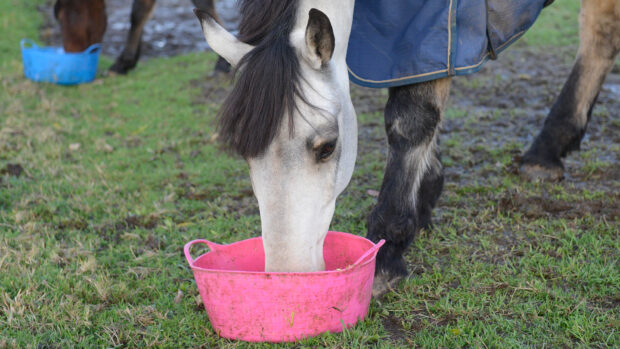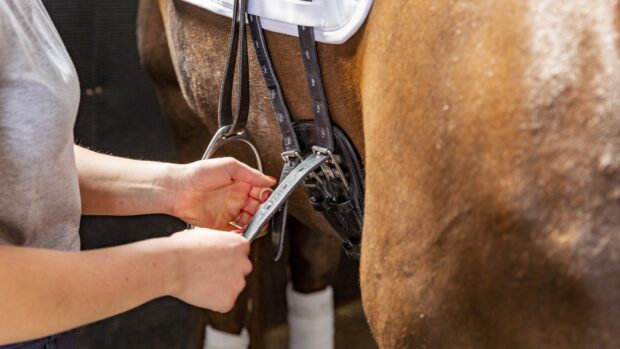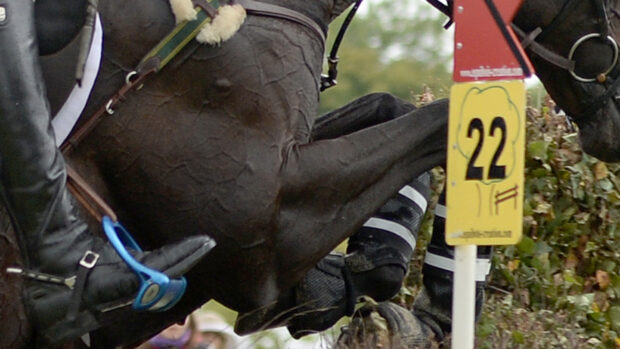A bra guide for riders has been published after research found 40% of ladies suffer from breast pain when in the saddle.
The Horse Rider’s Guide to Bras has been produced by the British Equestrian Trade Association (BETA), with the British Equestrian Federation (BEF).
It is based on large-scale research by Dr Jenny Burbage, a biomechanics specialist at the University of Portsmouth, and Lorna Cameron, of Sparsholt College.
They found that 40% of 1,324 riders surveyed experienced breast pain, which was significantly related to increased cup size (news, 8 October 2015).
They also discovered that less than 35% of women wear a sports bra while riding and at least one bra-related issue was reported by 59% of participants.
“About 900,000 women in the UK ride at least once a week and many of them will experience exercise-induced pain at some time,” said BETA executive director Claire Williams.
“We thought that the study undertaken by Dr Burbage and Ms Cameron would be of great interest to both riders and retail members who stock sports and rider-specific bras in-store.”
The free six-page leaflet offers guidance on how to know if a sports bra fits correctly, and some simple checks that can be done in the changing room to quickly find out it will be suitable for riding.
It also gives details on the three common types of sports bra available — encapsulation, compression and combination — and who these are best suited to.
“This new guide should go a long way to helping riders find a bra that fits well and is beneficial in helping to keep them pain-free and comfortable,” added Ms Williams.
Related articles:
- Breast pain puts some women off riding
- Does a good bra equal good riding? Research intends to find out
- Vets use bra to save miniature pony’s eye
During the study, the researchers also found that breast pain could be stopping some women from riding.
Respondents to the survey, which they carried out between September and December 2014 placed breast pain as the fourth-greatest barrier to women riding. This was behind not having enough energy, time and work commitments.
For a copy of the guide, visit www.beta-uk.org or email Laura Clegg on laurac@beta-int.com.




